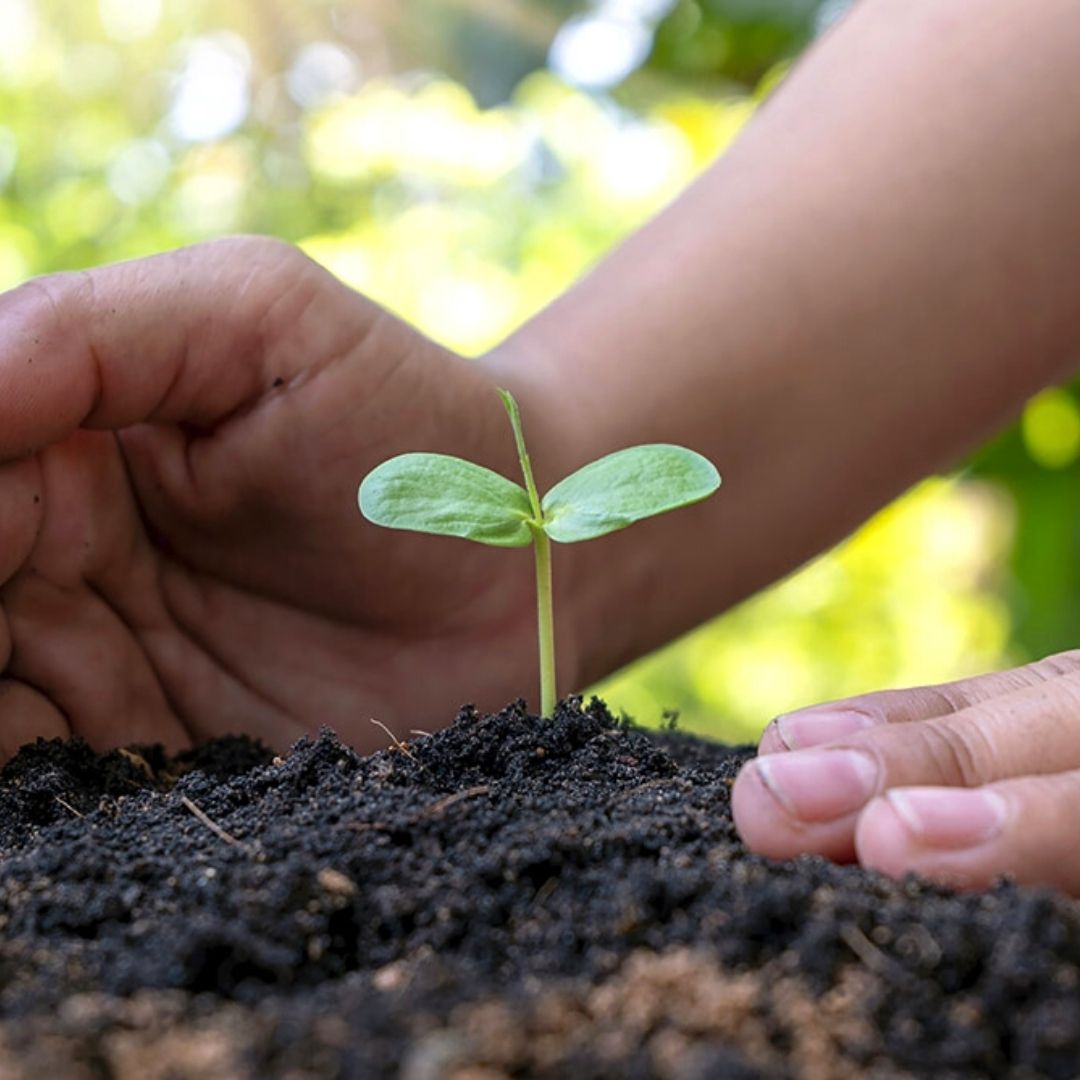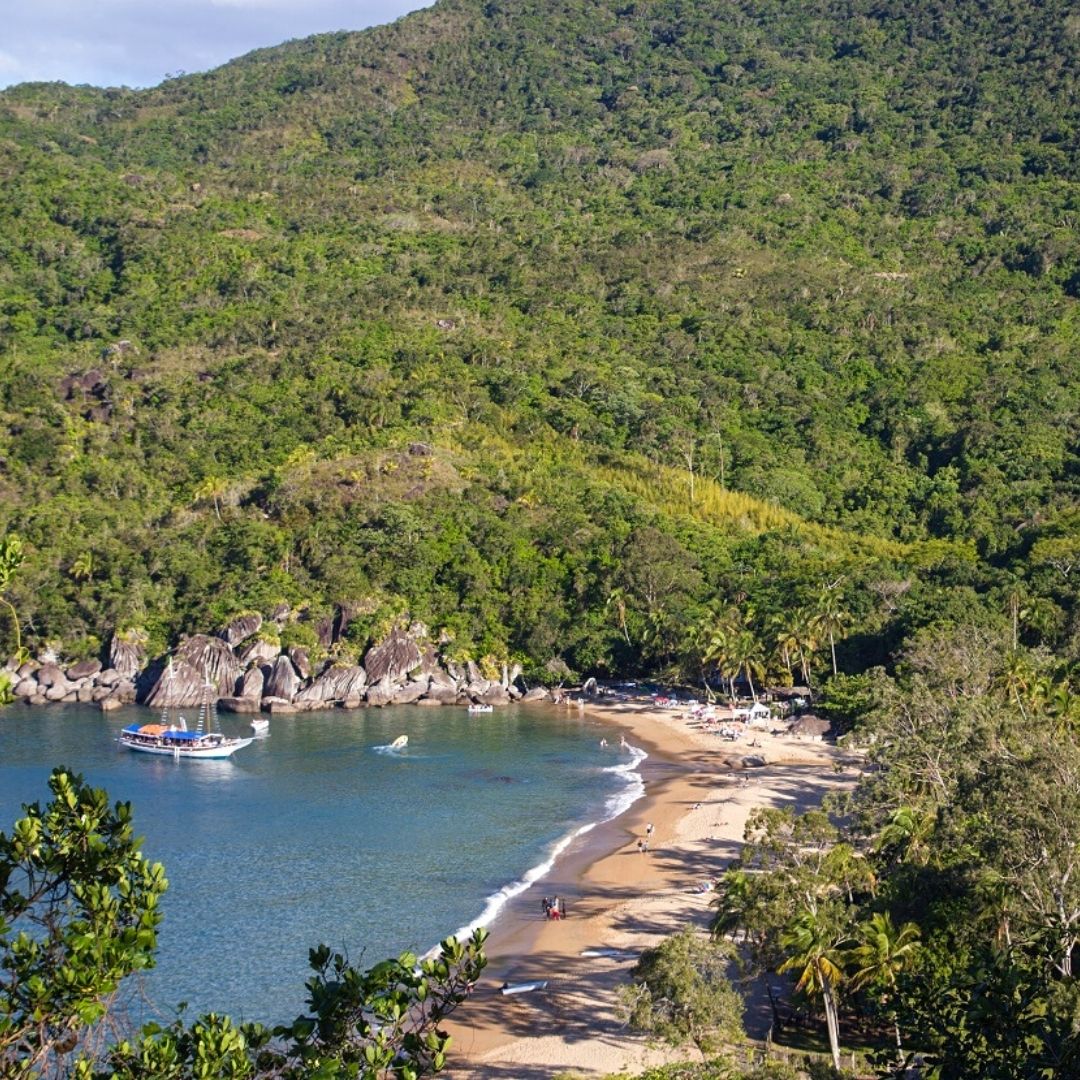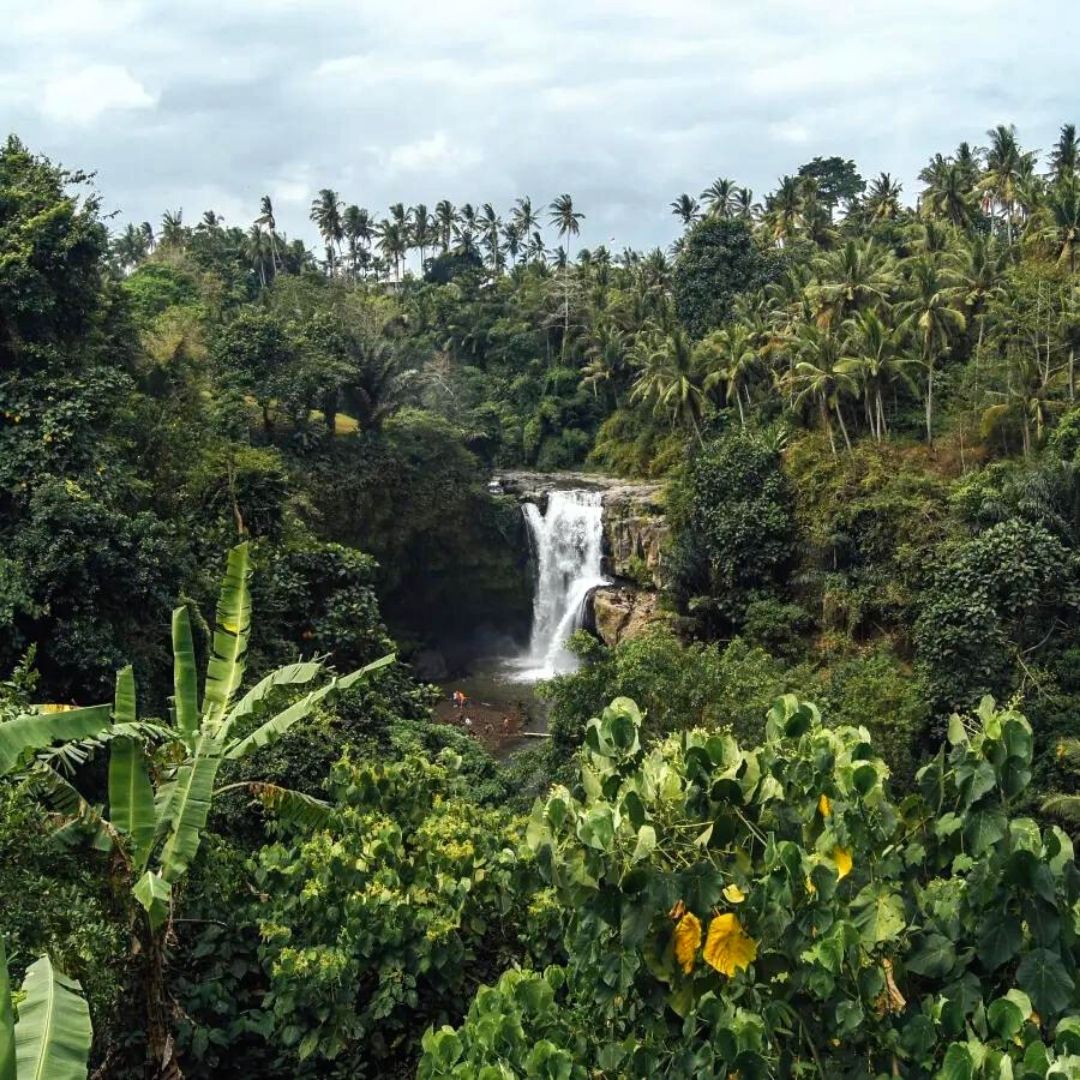A team of ecologists have discovered that in many cases, forests can recover naturally — with little or no human assistance!


Are Costly Tree-Planting Schemes Worth It?
Countless well-meaning organisations and communities around the world are working to restore areas of degraded land by planting native tree species — which takes a lot of time, energy, resources, and money. But, is it necessary?
This is the question that a team of ecologists are striving to answer with their research. Their new study, published in Science, uncovered a startling fact about “secondary forests” — secondary forests are forests that regrow naturally after an area has been cleared, cultivated or grazed.
“Our research shows that tropical forests recover surprisingly quickly: They can regrow on abandoned lands and recover many of their old-growth features, such as soil health, tree attributes and ecosystem functions, in as little as 10 to 20 years,” the authors said to The Conversation.


Tropical Forests Can Fully Recover Without Human Intervention
Tree-planting is a useful tool, but if the conditions are optimal, forest recovery can occur naturally within 20 years without human intervention. However, the researchers found that “there is less potential for forests to recover in areas where soils are overworked and no neighbouring forests remain”.
Out of 2,200 forests that were examined, the ones that had low-to-moderate-intensity land use prior to their recovery were the quickest to regrow native vegetation. E.g. Brazil’s Atlantic Forest region re-grew naturally from 1996 to 2015.
After 20 years of regrowth, soils in these forests contained virtually as much organic carbon and had similar bulk density as soils in old-growth forests — showing forests are capable of bouncing back quickly when the land isn’t degraded.


Forest Recovery Isn’t Dependent On Planting Trees
The health and resilience of a forest can’t be measured by the number of trees in one hectare, for example. “Tropical forests are more than just trees – they are complex, dynamic networks of plants, animals and microbes,” said the researchers.
In the study, the team examined different indicators of forest health — i.e. a “multidimensional view of forest recovery” — to see whether forests can bounce back without human intervention. They assessed the forests' soil health and structure; ecosystem functioning; forest structure and biomass, and the diversity and composition of tree species. The findings? Many of these attributes are interconnected and dependent on each other. “All of the forest attributes examined, recovered within 120 years of regrowth. Some recovered 100% of their old-growth values in 20 years."


Reversing Deforestation & Land Degradation By 2030!
At the recent United Nations conference on climate change in Glasgow, more than 130 countries pledged to halt and reverse deforestation and land degradation by 2030. The Glasgow Leaders’ Declaration on Forest and Land Use will protect around 33 million square km of forest — around $19 billion in public and private funding has been allocated to the cause.
“Our findings show that tropical forest regrowth is an effective and low-cost, nature-based strategy for promoting sustainable development, restoring ecosystems, slowing climate change and protecting biodiversity,” they said.
Importantly, the researchers concluded that forest recovery doesn’t always require planting trees. “We recommend relying on natural regrowth wherever and whenever possible."
The main message of this study is that in many cases, humans need to step back and allow nature the time and space to recover. Targeted tree-planting is still an effective strategy — especially on highly degraded land — but often, tropical rainforests will bounce back to their former health within 10-20 years. Nature is pretty amazing!
For more interesting discoveries like this, head over to our Eco News category and check out the blogs below.
Malawi Is Using Bamboo To Restore Its Forests & Combat Climate Change



